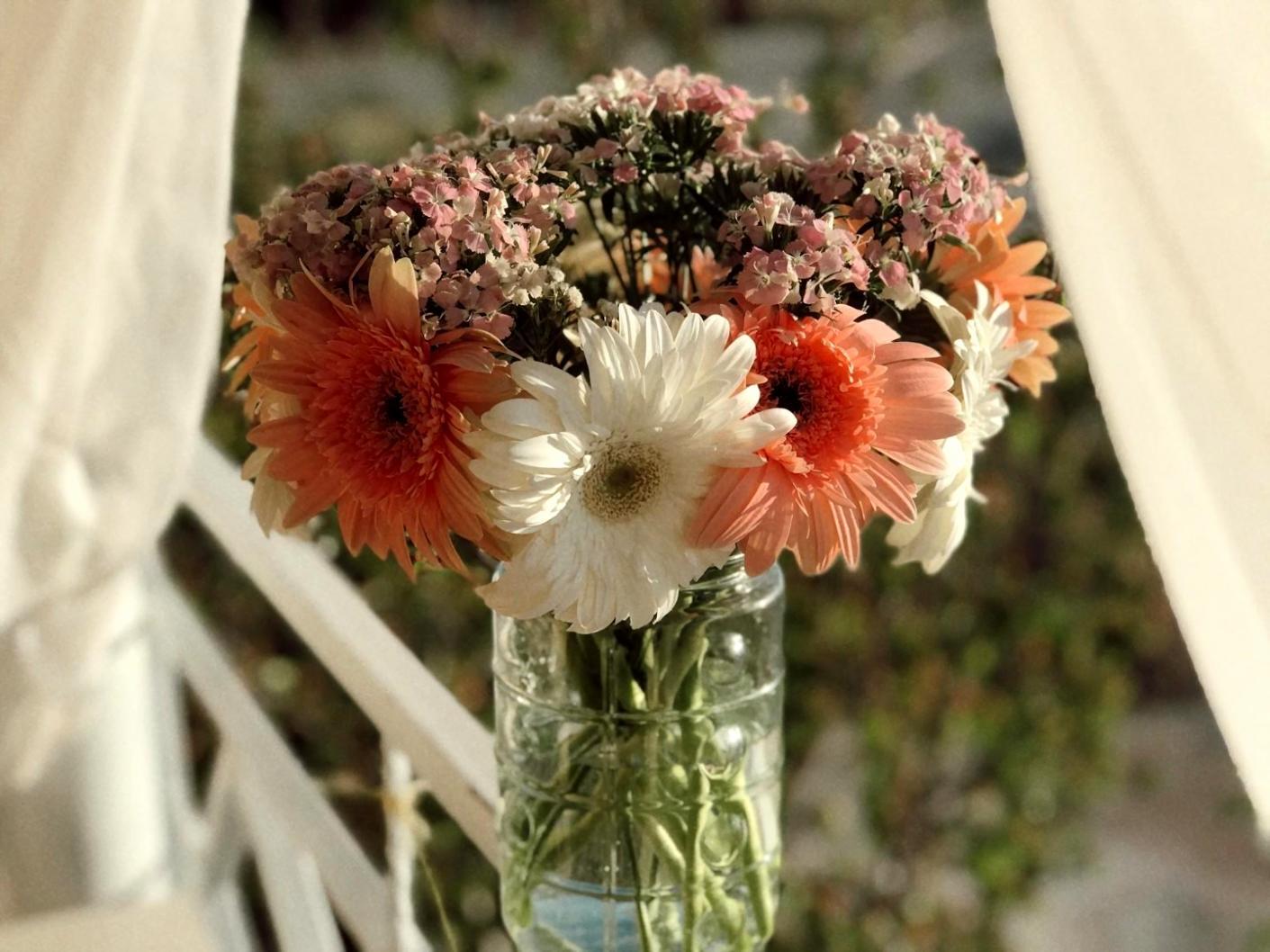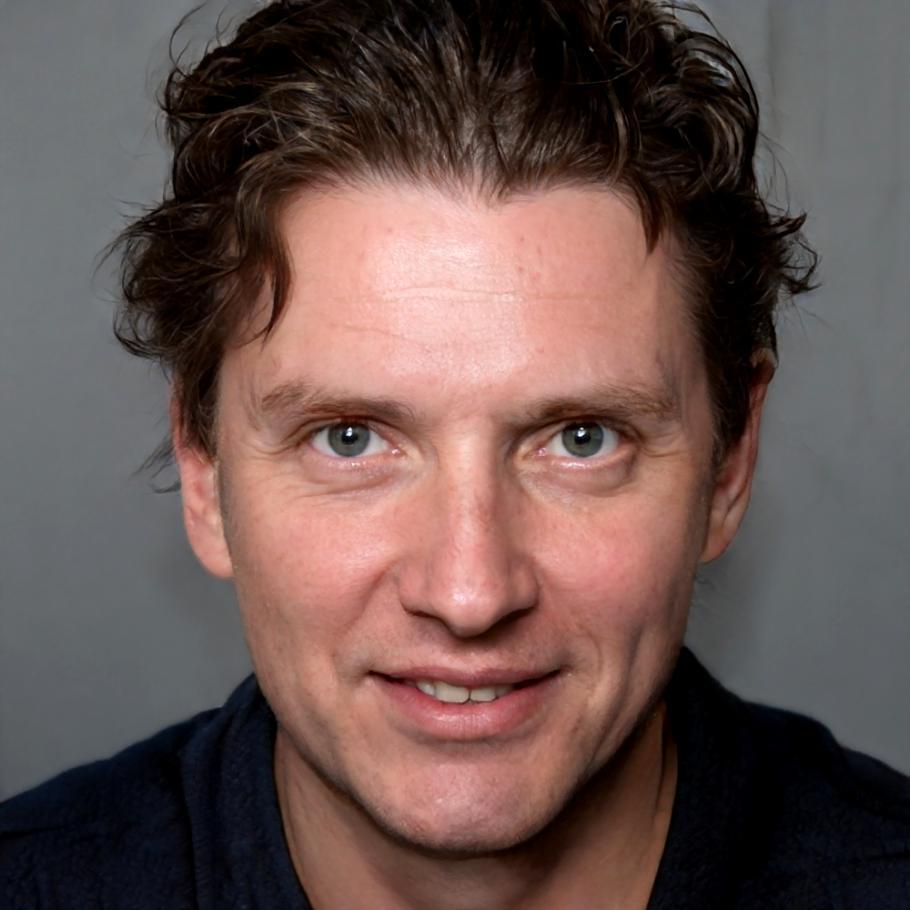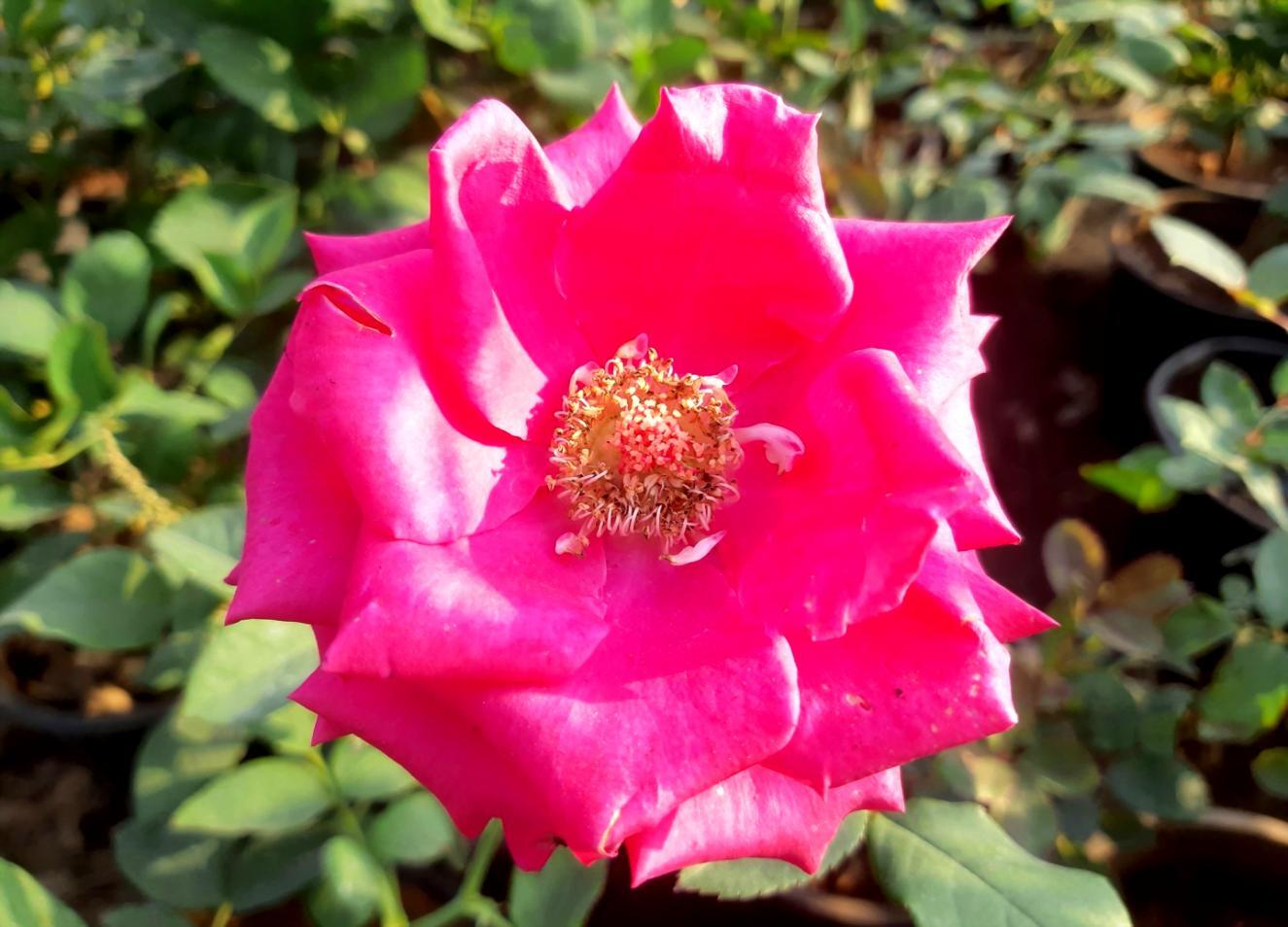Floral Design Education
Learn the craft of creating stunning fresh and dried flower compositions through hands-on workshops. Our autumn 2025 program runs from September through November, with small group sessions that give you real practice time and personal feedback.
Reserve Your SpotPractical Skills That Actually Work
We focus on techniques you'll actually use. Color theory matters when you're working with seasonal flowers. Same goes for understanding stem structure and how different flowers behave over time.
The workshops run every Saturday morning starting September 6, 2025. Each session lasts three hours, and you'll work with fresh materials throughout. By the end of November, you'll have created eight complete arrangements and understand the fundamentals of floral design.
- Color combinations that work in Azerbaijan's climate
- Structural techniques for both fresh and preserved flowers
- Seasonal availability and working with local suppliers
- Pricing your work if you decide to take commissions

Course Structure
Twelve weeks of progressive learning. We start with fundamentals and build complexity as your skills develop. Miss a session? You can make it up the following week during our practice hours.
Foundation Weeks (September 6 - 20)
Basic mechanics of arrangement. You'll work with foam bases, learn stem cutting angles, and understand how water uptake affects longevity. We cover tool selection and maintenance too.
Color and Composition (September 27 - October 18)
This is where it gets interesting. You'll learn why certain flowers pair well beyond just looking nice together. We discuss cultural preferences in Azerbaijan and how to adapt designs for different occasions.
Dried and Preserved Materials (October 25 - November 8)
Preservation methods that work in our climate. You'll practice drying techniques, learn about storage, and create arrangements that last months rather than days. This section includes troubleshooting common issues.
Client Work Basics (November 15 - 22)
Final two weeks focus on practical business aspects. Consultations, pricing, timing large orders, and managing client expectations. We review your portfolio pieces and discuss next steps if you want to pursue this professionally.
Who's Teaching

Rashid Talibov
Lead Workshop Instructor
Been working with flowers in Baku since 2017. Started with event arrangements and moved into teaching because I kept getting the same questions from clients who wanted to try design themselves. Patient with beginners, realistic about what twelve weeks can accomplish.

Orkhan Mammadov
Preservation Specialist
My background is actually in botany, which helps when explaining why certain preservation methods work better than others. I handle the technical sections and usually field questions about flower biology. Also manage our supplier relationships for course materials.

Vugar Hasanov
Business Consultant
I come in during the final weeks to cover the business side. Ran my own studio for six years before moving into consulting. I'm practical about costs and realistic about what the Baku market will support for different types of floral work.

How Classes Actually Run
Maximum eight students per session. You need space to work and time for individual feedback. We provide all materials during class, though you'll want to practice at home between sessions.
Small Group Format
Eight people means everyone gets direct instruction time. We can adjust pace based on how the group is progressing, and there's room for specific questions.
Materials Included
All flowers, tools, and supplies are covered in the course fee. You'll take home your completed arrangements each week. Optional practice kits available for home work.
Flexible Scheduling
Can't make a Saturday? We run makeup sessions on Sunday afternoons. You'll work through the same material with an instructor available for guidance.